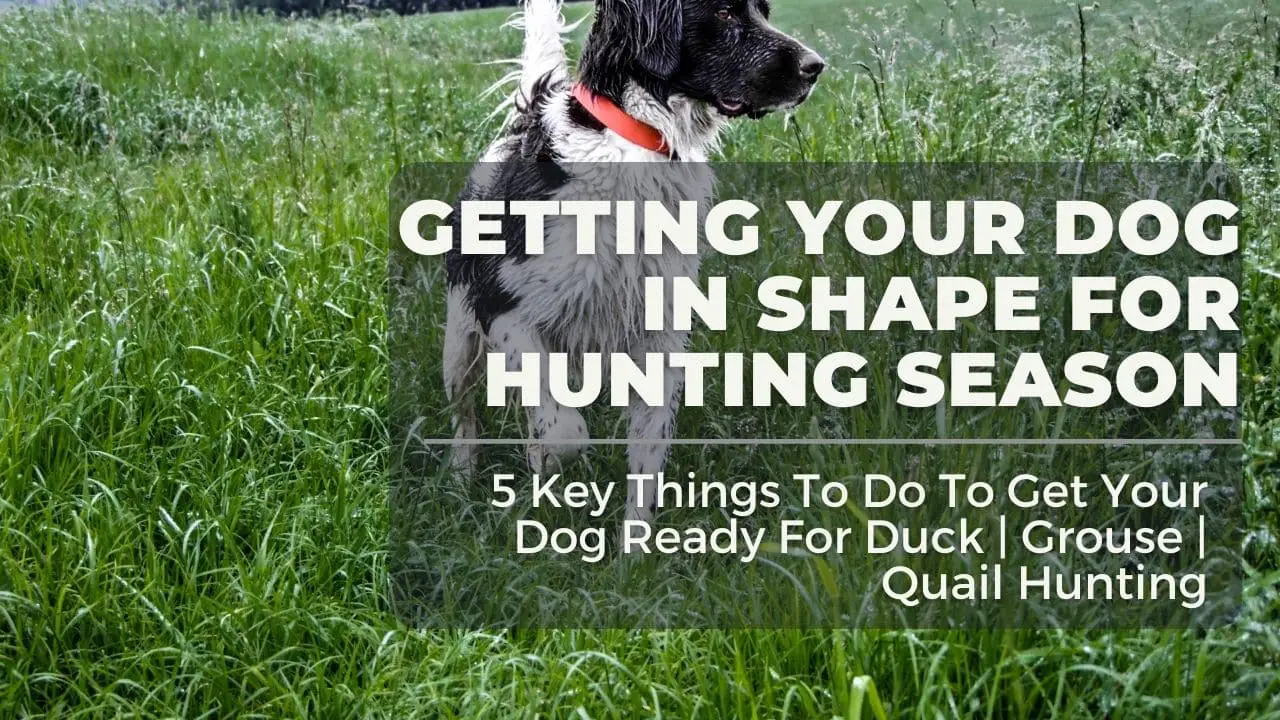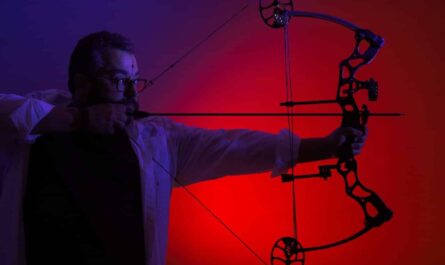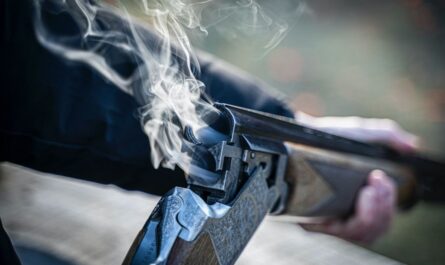Hunting with your furred friend is a fun way to experience outdoor life. Your dog may not be of a hunting breed, and they are innately skilled to locate, flush out, and retrieve game, but it doesn’t mean your dog won’t know how to hunt. Hunting with dogs takes a bit of preparation and training.
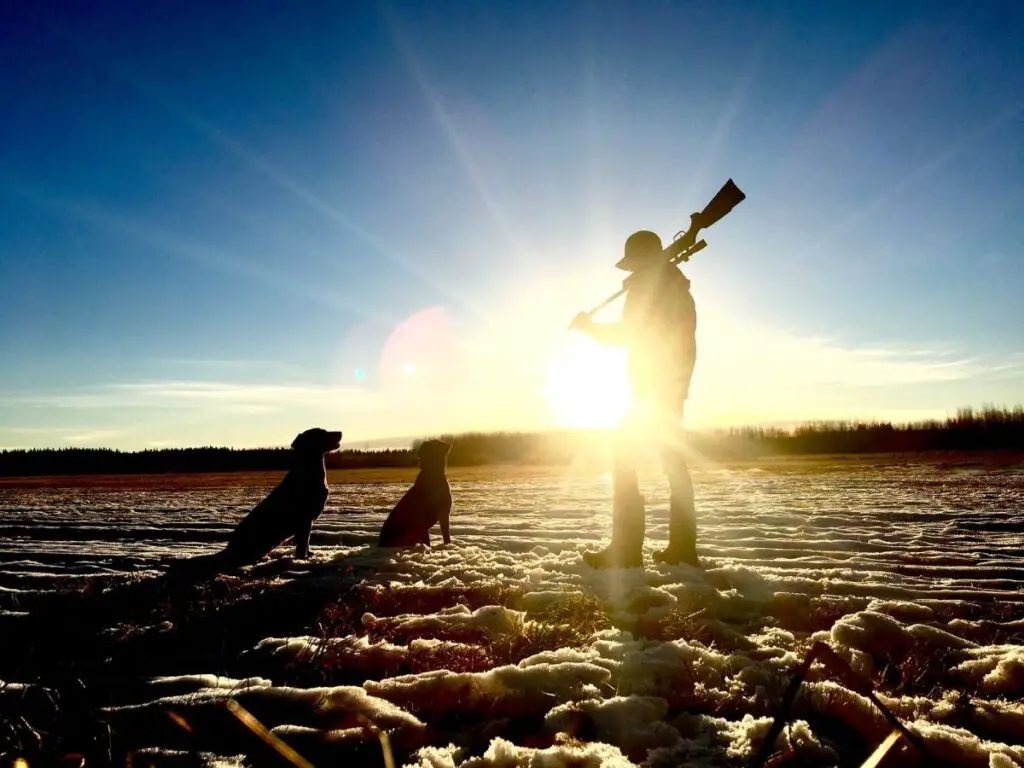
Through patience, persistence, and training, you and your dog can work as a team during the hunting season and create a wonderful experience together.
So, if you’re considering bringing your dog with you during the hunt, ensure they will be ready for action. Here’s a short guide on what you can do so your dog will show their actual skill set during the hunt.
Table of Contents
Top 5 Things to Prepare Your Dog for Duck, Grouse, or Quail Hunting
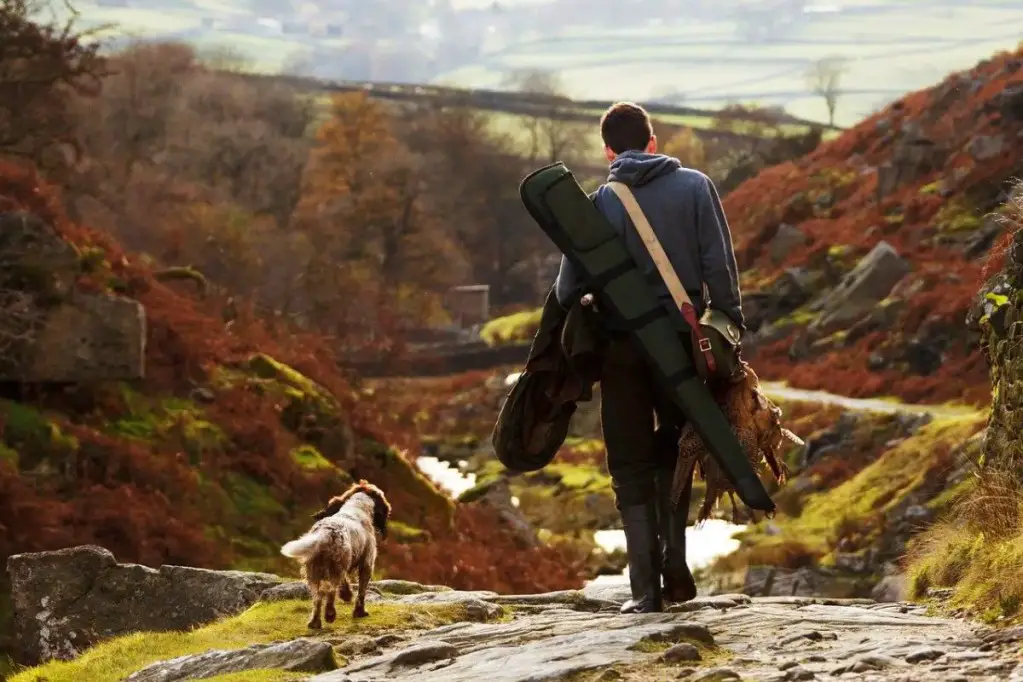
1. Check Your Dog’s Health and Understand Its Limitations
Whether you have a new fledgling pup or a seasoned hunting dog, it should be your foremost consideration to check its health and understand its limitations. Hunting with dogs is a specialized sporting skill.
Remember that your dog still needs extra care to keep him healthy and happy during the hunt, and this will continue for many seasons. With this, we recommend you feed them well.
Good food will fuel an active, healthy dog. And since your dog will expend much more energy during training than indoor-only dogs, their food needs will differ. For instance, they will require more calories. Also, we recommend that you allow rest and recovery.
Your dog may want to please you and obey your commands, but it also needs to rest, especially after a long day. We also want to highlight the importance of avoiding letting your dogs gain weight before the hunting season.
That is why you must adjust your dog’s diet based on their physical activity during the off-season.
2. Focus on Obedience Training
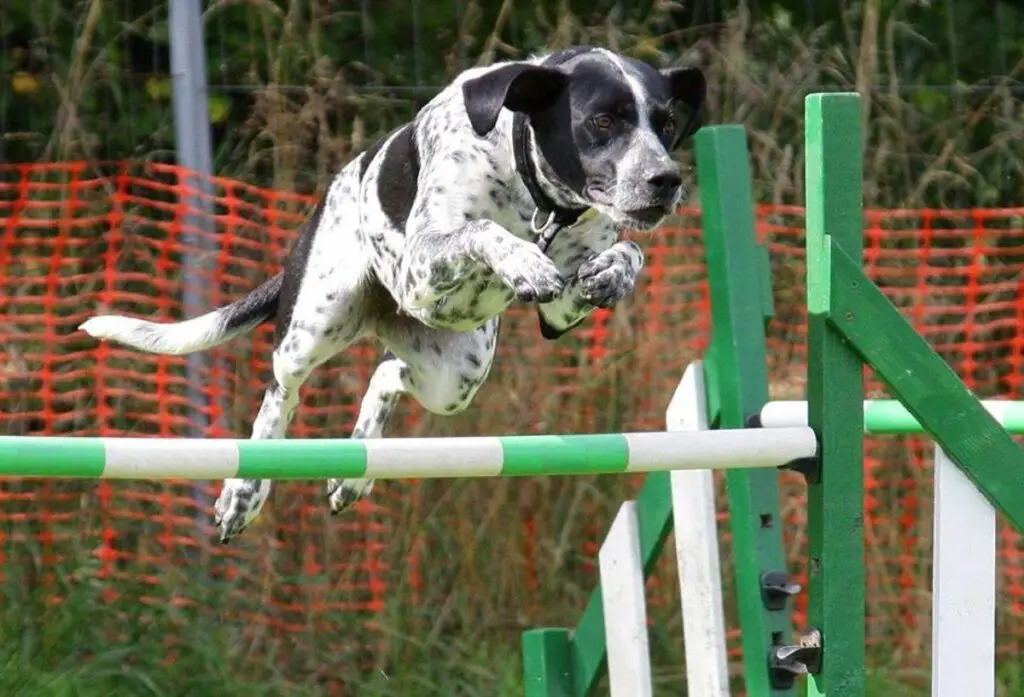
Obedience is the most significant virtue for a hunting dog. If you want to keep it in control and achieve the best result during the hunt, you need to reinforce dog hunting obedience training first.
Begin with teaching your canine companion to come at your call. Then, gradually work with other fundamental commands, like stay and sit.
Once your dog knows these commands, you can guarantee that it will be ready for another training set. You can devote 15 minutes daily to instill basic obedience commands in your pet’s memory.
Start Exercising Your Dog Early
As part of obedience training, you should also ensure that your dog is physically better. That means not waiting until the duck, grouse, or quail hunting season begins before you begin exercising.
Expose Your Dog to Gunfire Before the Hunting Season
Part of your early training is to expose your dog to gunfire before the hunting season. To do this, you should do multiple gunfires and not just one shot. That way, your dog’s ears and attitude will be reconditioned to the sound and the associated movement while hunting.
3. Buy Safety Gear for Your Dog Too
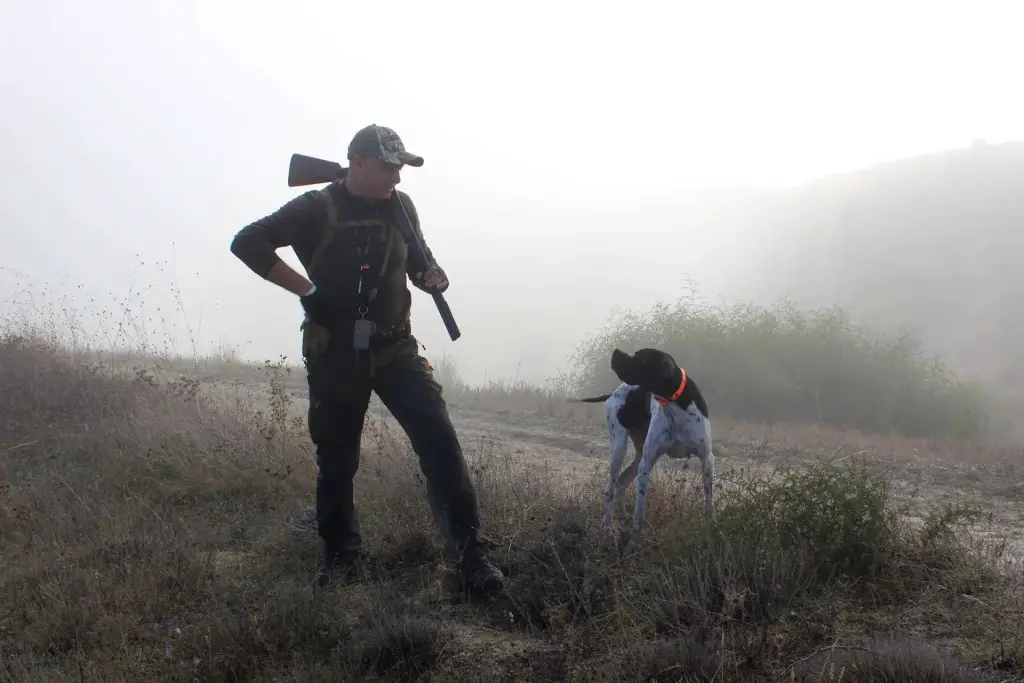
Keeping your dog safe is vital regardless of what prey you pursue, be that a duck, grouse, or quail, and how you will rely on your dog to help. For example, you can buy a dog hunting vest so your dog will be more visible during the hunt.
You can also purchase dog clothes to keep them warm if you’re hunting in cold weather. This is especially helpful for waterfowl-retrieving dogs who jump in the water repeatedly over the day.
You may also consider buying a break-away reflective collar with a blaze orange vest to reduce any chance of accidents. And if your dog gets lost outdoors, a dog identification badge will make it easier for others to notify you once they find it.
4. Practice Long and Short Retrieves
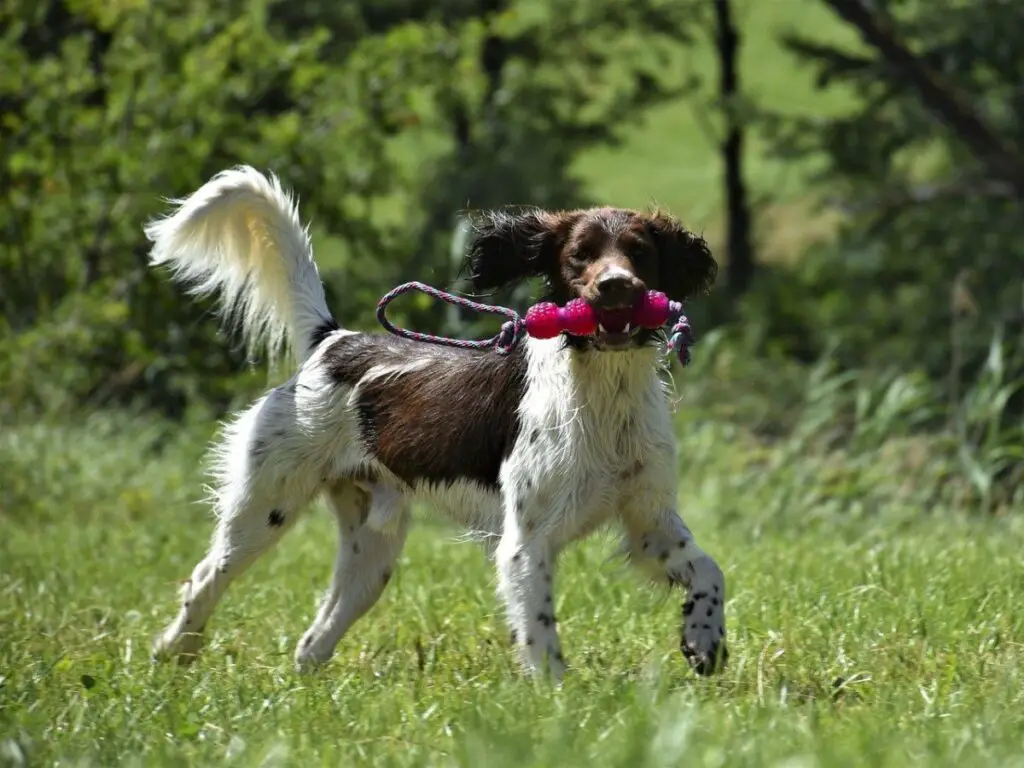
If you want to prepare your dog for long-distance retrieval, you may need a dummy launcher or employ the assistance of a training partner. Some prefer a dummy launcher since it’s easier to teach a dog that they need to retrieve father than you can hand-throw any dummy.
One of the easiest and best ways to improve your drills is to vary your throws from ten years to how far the dummy launcher can reach.
Work Around Decoys
Another essential part of your training is to work around decoys. Although decoys demand more planning, it will be worth it at the end of your training. This is because your dog will begin to develop an attitude of been-there-done-that.
It will also be an excellent opportunity for the dog to learn that not everything you throw needs retrieving or that there are fake ducks in the field with strings attached. That way, they can avoid getting tangled in cold water.
5. Keep Vaccinates Current

Like any other outdoor activity, the golden rule of staying safe holds not just for hunters but also for hunting dogs!
That is why we encourage you to vaccinate your dogs so they will be protected against viruses and bacteria, in addition to Parvo and Rabies vaccinations. Remember that as dogs venture out with their owners in the woods, they have the potential to be exposed to illnesses.
For instance, there are bugs in the outdoors that they are not immune to while staying indoors. One important vaccine is for Kennel Cough because once infected, and a dog can’t smell for weeks. You wouldn’t want that to happen, or else you’d be hunting alone without your canine companion.
For more information on the kind of vaccines your dog will need, contact your local animal hospital.
Final Thoughts on Hunting With Dogs
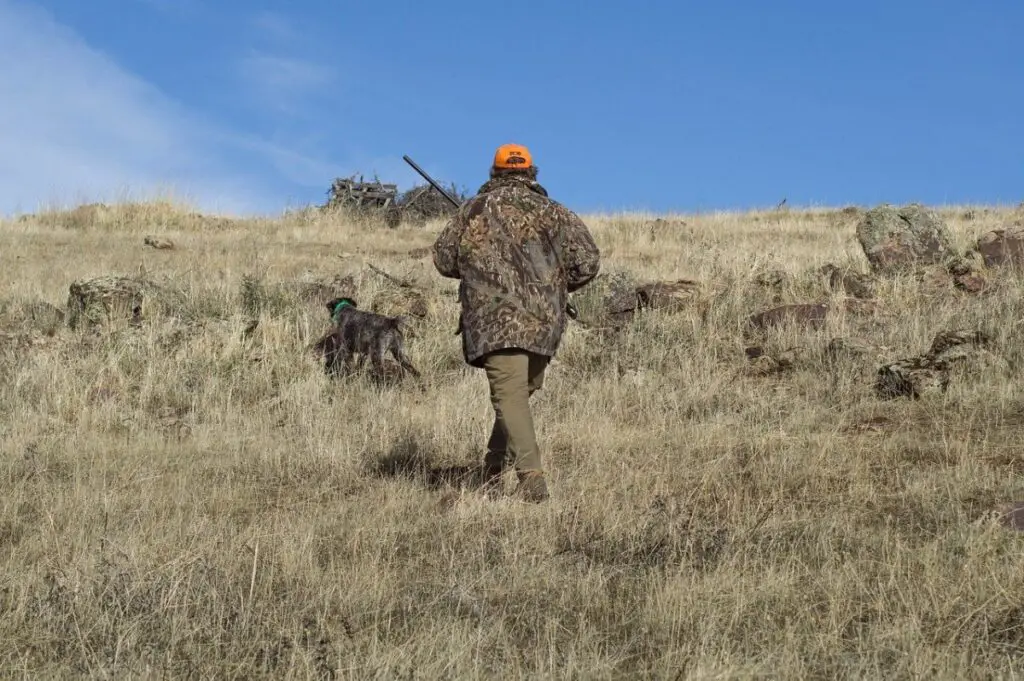
Hunting seasons are such relaxing and fun sports, especially if you can bring your dog with you. Ensuring that your dog is well-prepared for the rigors of the hunting season, then you’ve completed the essential foundation for a great hunting dog.

